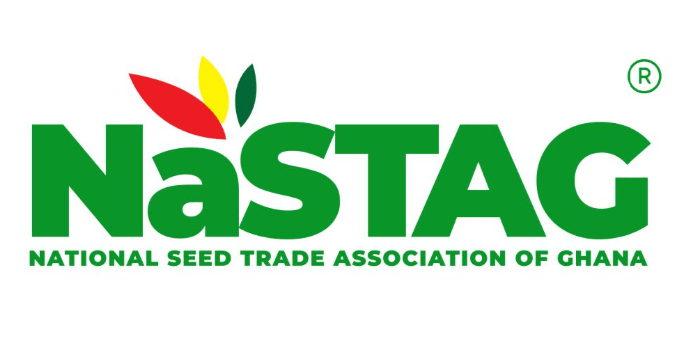By Wisdom JONNY-NUEKPE
The National Seed Trade Association of Ghana (NaSTAG) has said the country’s seed industry is currently weak, malnourished and lacking the robust foundation needed for sustainable growth.
The Association said the sector requires comprehensive restructuring, with a roadmap to transform the sector and make it more resilient and competitive.
NaSTAG’s president, Dr Amos Rutherford Azinu, speaking to the B&FT said: “We cannot build a food-secure Ghana without quality seeds”.
He explained that financial independence is crucial as the seed sector needs its credit union – if not a dedicated commercial bank, adding: “Sustainable seed development cannot rely exclusively on charitable support”.
Ghana’s seed sector lacks a credible, centralised data centre to inform decision-making – a phenomenon that is hampering the sector’s growth, as the current fragmented, individualistic approach is inadequate for modern seed industry needs.
However, Dr Azinu said challenges ahead for the sector demand innovative thinking as climate change, population growth and evolving markets are not only threats but also opportunities which demand solutions to make the seed sector thrive.
Despite Africa possessing about 60 percent of the world’s arable land, the continent claims less than US$2million of the global seed market which is valued at US$70million.
This stark disparity, according to NaSTAG, represents both a challenge and several opportunities as the global seed industry has just four companies controlling an 80 percent market share.
NaSTAG said it will continue exploring how data drives investment decisions, examine financial strategies across the seed value chain and continue investigating promising frontiers of investment in the seed sector.
Other sector challenges
Ghana’s private seed sector remains underdeveloped, with limited investment, a lack of incentives and regulatory hurdles hindering growth.
Only a few companies, according to the Association, engage in seed production and distribution, resulting in limited competition and innovation within the sector.
Poor management practices have plagued many seed enterprises; and challenges such as inefficient production planning, inadequate quality control and weak marketing strategies are widespread.
Limited access to credit, high interest rates and a lack of tailored financial products all hinder growth and innovation.
According to NaSTAG, inefficiencies in the seed sector have led to collaboration between seed merchants and government officials, giving rise to what is known as ‘Tonato’.
Indeed, public institutions responsible for seed regulation, research and distribution, the Association maintains, lack resources and efficiency.










